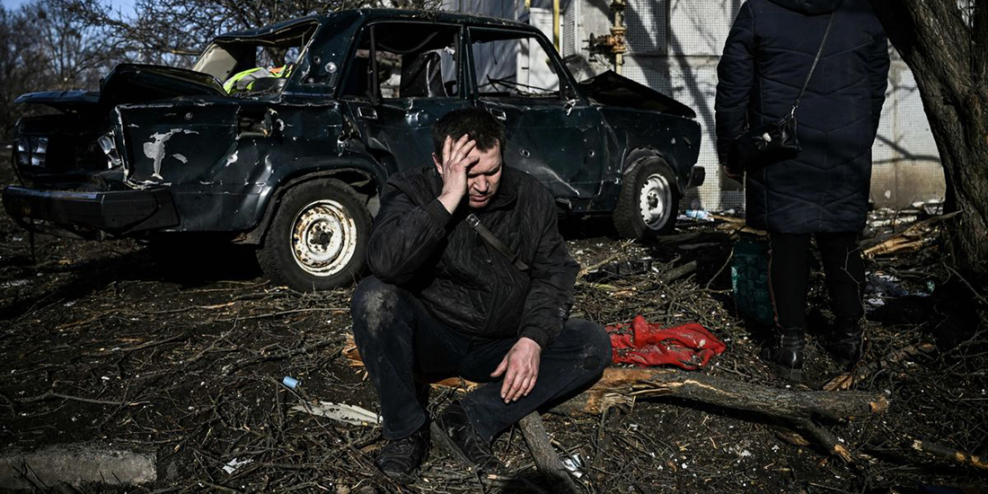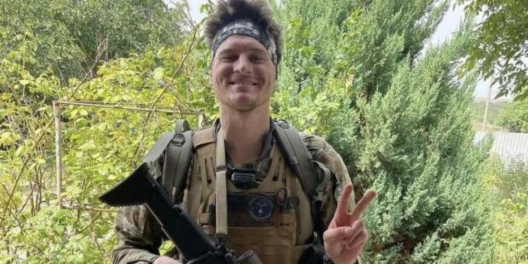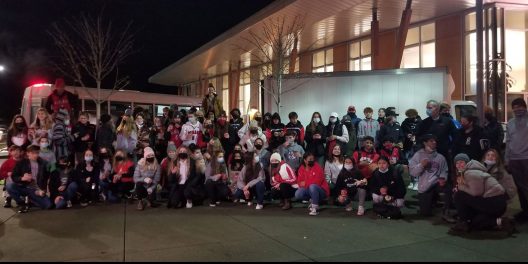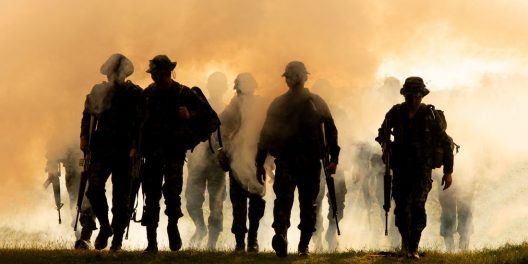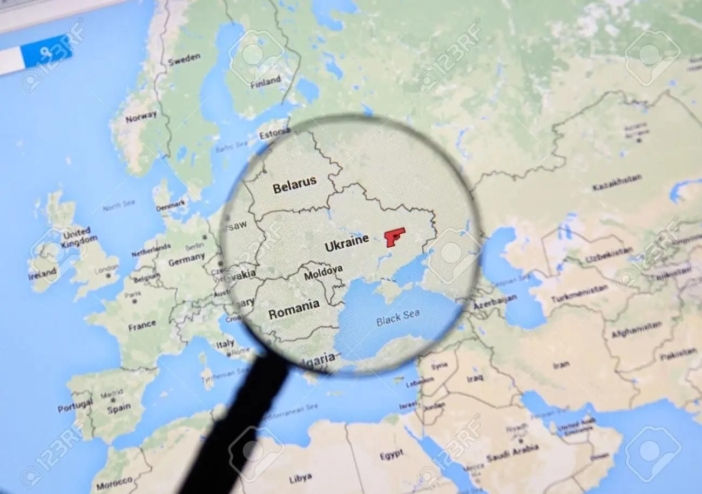
Credit: 123RF.com
The war in Ukraine is far away. It’s basically the other side of the world.
But because the world is so connected these days, we feel it even on VanIsle.
Saul Klein is the Dean of the Gustavson School of Business at the University of Victoria.
“Our world is so interconnected that anytime anything happens in one place, that has a follow on effect, everywhere,” Klein told CHEK News.
There are a few specific ways we’ll be affected by the conflict.
Gas prices
Russia produces a lot of the world’s oil. So now that lots of countries are placing sanctions on Russia’s economy, it means less oil will be getting out of their country. And that drives up gas prices.
A barrel of oil went up over $100 US last week for the first time since 2014.
Sylvain Charlebois is the Director of the Agri-Food Analytics Lab at Dalhousie University in Halifax. Charlebois warns that we should expect to see a hike at the pump very soon.
The hike in gas prices will also affect the price of nearly everything else.
“Canada is a trucking economy. North America is a trucking economy. So to move anything around costs more,” Charlebois told CHEK News.
“That’s going to hit us very, very quickly, within probably a week or two.”
Food prices
Russia and Ukraine grow a lot of the world’s grains. Helima Croft is a commodities analyst with RBC. She told CBC News that together, Russia and Ukraine grow 25% of the world’s wheat.
If Ukraine can’t grow wheat this summer, or if Russia damages Ukrainian ports, it will mean less wheat on the global market.
That might be good news for Canadian farmers in the prairies. They might make more money from their crop this season.
But it means we’ll all pay more for foods like bread and baked goods.
We’ll see some changes in our grocery bills caused by high gas prices and spiking wheat prices.
Stressed friends and neighbours
There are thousands of Vancouver Islanders who are also Russian or Ukrainian (or both!). So maybe you, the person reading this article, are Russian or Ukrainian.
Russians and Ukrainians who live on VanIsle are pretty stressed right now.
Why?
Because no matter what you think about borders or politics, no one wants war.
Julia Rochtchina moved to VanIsle in 2002. Her home country is Russia. She told CHEK News that she still can’t quite believe what’s happening.
“There will be deaths, and that’s my biggest fear,” she said. “I believe firmly as a Russian that Russians do not want the war.”
And folks from all over VanIsle support Ukrainians who live here and back in Ukraine.
Victoria Grando moved to VanIsle from Ukraine when she was 19. Her husband is Russian. She has been worried sick about her relatives who still live in Kyiv, the country’s capital.
“People on both ends are just devastated,” she told CTV News.
